
Countries in the Gulf of Guinea (GoG) must domesticate international laws to combat maritime crimes in the region, Commodore Samuel Ayelazono, Flag Officer Fleet of the Ghana Navy has stated.
He said with the domestication of the laws countries would be able to prosecute offenders of maritime crimes and respond to challenges in the sector.
“Ghana was one of the countries to sign unto the United Nations on the laws of the Sea (UNCLOS) but do not have laws on piracy to deal with such crimes,” he added.
He said this at a-five day training on maritime security reporting for journalists and maritime security professionals which commenced at the Kofi Annan International Peacekeeping Training Centre (KAIPTC) in Accra, yesterday.
The training seeks to enhance the capacities of maritime security agencies as well as maritime security practitioners to understand, collaborate and report accurately on maritime issues and supports efforts to reduce maritime criminality in the region.
It also aims at enhancing the knowledge base skills of media and maritime security professionals to effectively contribute to the attainment of maritime security in the Gulf of Guinea.
Sponsored by the Danish Government and forms part of a five-year project on “integrated responses to threats to maritime safety and security in the Gulf of Guinea (GoG) Domain in West and Central Africa.”
Participants included journalists, media liaisons and maritime security actors from maritime institutions from the Navy, Marine Police, Maritime Authority and Port Administration across West Africa and Central Africa.
Commodore Ayelazono said $1billion dollars was lost in the region annually as a result of activities illegal unregulated unreported (IUU).
He mentioned some of the trans-national crimes in the maritime sector in the region as money laundering, proliferation illicit trade, IUU fishing, terrorism, piracy, armed robbery weapon and drug trafficking.
The Flag Officer Fleet called for effective collaboration by stakeholders in the sector to fight trans-organised crimes in the region.
He said governments should show political will by investing in the maritime security sector to protect its resources.
The Director of Public Relations of the Ghana Armed Forces, Captain Michael Addo Larbi on his presentation on “law and ethics security reporting” urged the media to uphold the ethics of profession.
He mentioned some challenges in maritime securing reporting as lack of professional knowledge, lack of knowledge/specialist in maritime security and unethical conduct.
The Deputy Dean of the Faculty of Academic Affairs Research at the KAIPTC, Dr Kwaku Danso urged the media to work hand-in hand with maritime security stakeholders to ensure that the message of maritime insecurity and its impact gets to policy makers.
He said efforts must be made at national, regional and international levels to promote collaboration and cooperation as no single entity can ensure effective maritime security.
BY ANITA NYARKO-YIRENKYI
The post Domesticate laws to combat maritime crimes in Gulf of Guinea – Commodore Ayelazono appeared first on Ghanaian Times.
Read Full Story
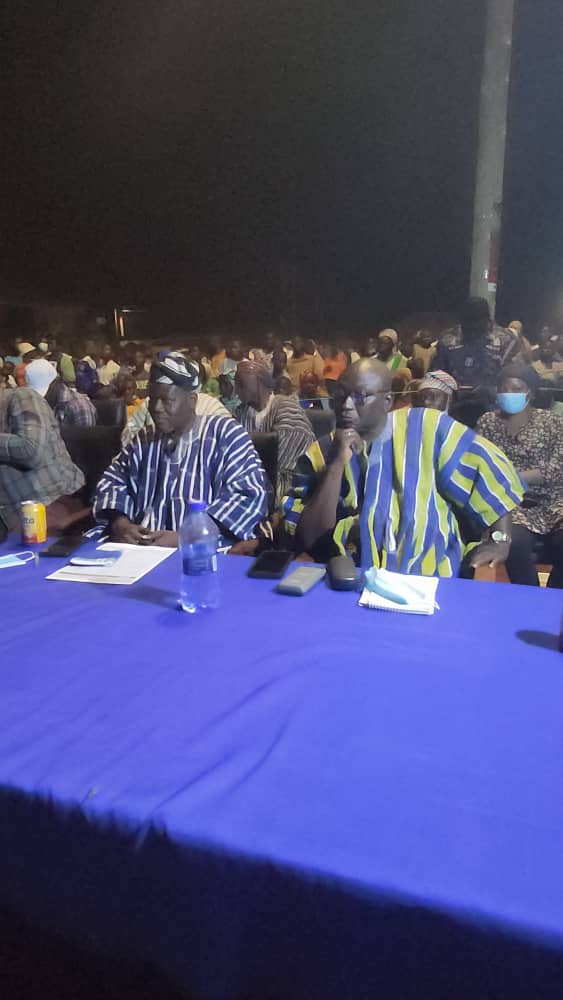
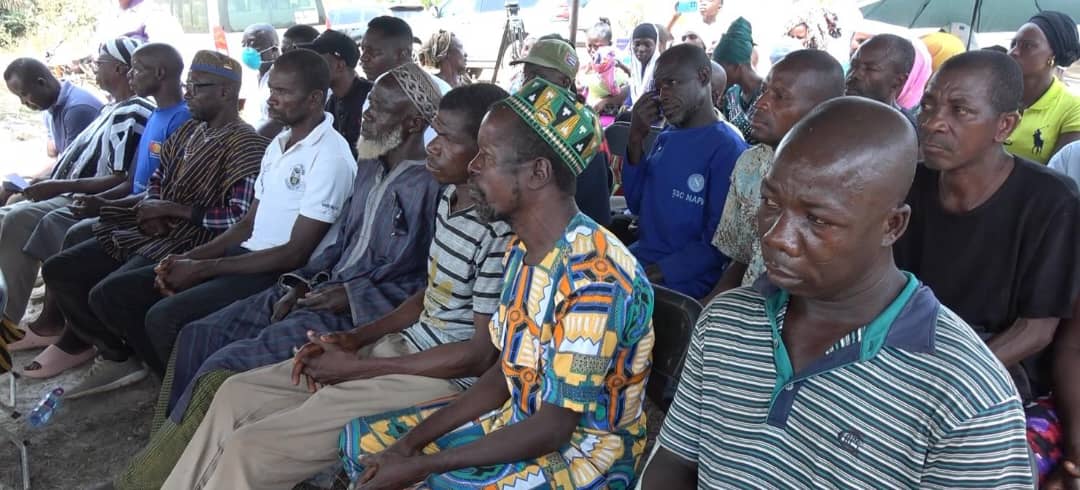
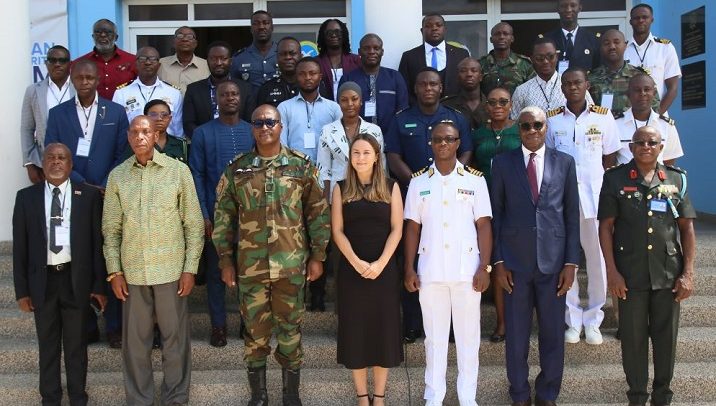
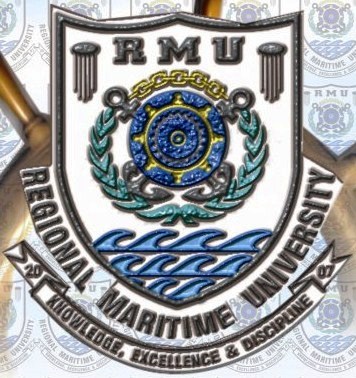

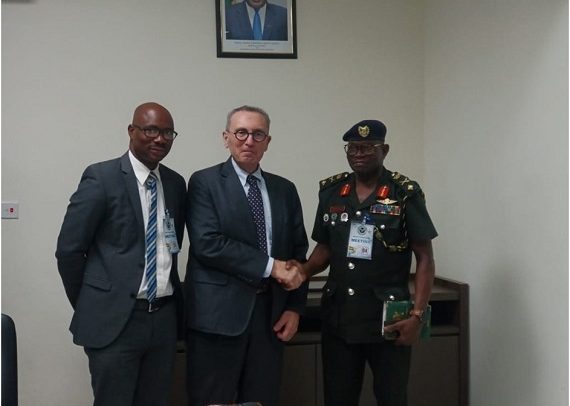






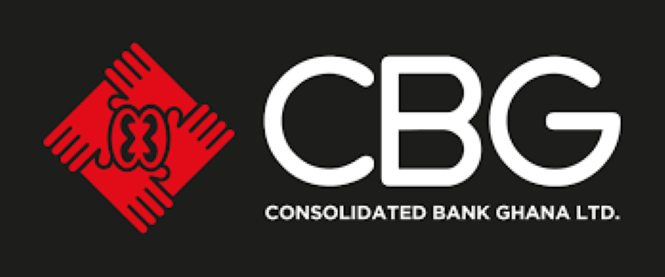




Facebook
Twitter
Pinterest
Instagram
Google+
YouTube
LinkedIn
RSS